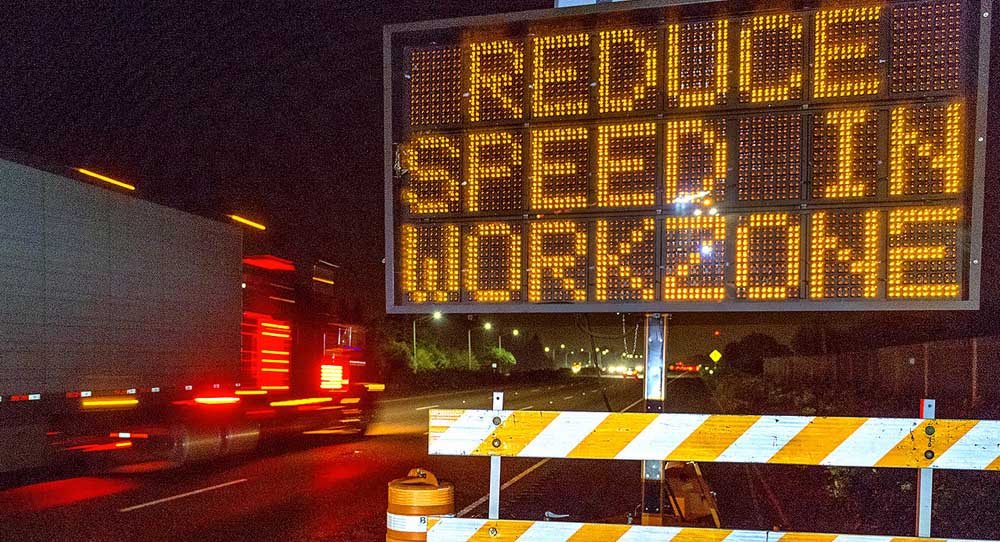House passes $5.3 billion transportation package
Published 12:47 pm Wednesday, July 5, 2017

- The Oregon House of Representatives passed a $5.3 billion statewide transportation package Wednesday, 39-to-20. The statewide plan raises new taxes, fees, to fund congestion relief, roads, bridges, sidewalks, bicycle routes and transit.
SALEM — The House of Representatives passed a $5.3 billion statewide transportation package Wednesday, 39-to-20.
The bipartisan yes votes exceeded the 36 that are constitutionally required to enact new taxes.
The package now heads to the Senate in the waning days of the legislative session, which must end by July 10, according to the Oregon Constitution.
However, lawmakers signaled concerns that the package could face a voter referral. In another bill, they added a provision to bump up any vote by the electorate on the transportation package to May instead of the general November election.
The10-year plan includes hikes in the gas tax, registration and title fees and new taxes on payroll, new vehicle purchases and bicycles priced more than $200.
The package also calls for congestion-priced tolling at some of Portland’s bottlenecks. The Oregon Transportation Commission is responsible for establishing the program, under the bill.
Rep. Caddy McKeown, D-Coos Bay, a chief architect of the plan, said the package is based on overwhelming feedback from Oregonians that they need congestion relief on Portland thoroughfares and more public transportation options.
“When cars and trucks grind to a standstill products take longer to get to market, workers are less productive and quality of life is degraded. Today, we can take steps to help Oregon businesses get their goods to market while also improving quality of life,” McKeown said.
Among projects specified in the plan are congestion relief on Highway 217, widening northbound Interstate 205 from Powell Boulevard to Interstate 84 and initial investment in adding new lanes to Interstate 5 through Portland’s Rose Quarter. The plan also includes other projects around the state. It will be up to the Oregon Transportation Commission to prioritize some of those projects.
Rep. Susan McLain, D-Forest Grove, said the plan maintains and modernizes roads and bridges and increases funding for seismic upgrades and repairs by 462 percent.
She said it will give the state a long-term and short-term economic boost, with 16,000 more short-term construction jobs.
Rep. Julie Parrish, R-West Linn, who voted no on the bill, said she opposed the launch of a tolling program on freeways, given that surveys show there is scarce support for that method of funding road projects.
“Maybe it’s just deep in our DNA,” Parrish said of respondents’ dislike of tolls.
The plan hikes the state’s existing 30-cent gas tax gradually over seven years to 40 cents. Registration fees would climb by $13 and title fees by $16 in 2018.
Beginning in 2020, the state would move toward a tiered system of registration and title fees based on a vehicle’s gas mileage.
The plan also levies a 0.5 percent tax on the purchase of new vehicles. About $12 million of the revenue from the proceeds of the vehicle excise tax would be used for rebates on the purchase of electric vehicles.
A $15 flat fee would be charged on the purchase of new adult bicycles with a price tag of more than $200. The proceeds of that would go toward paying for commuter bicycle and pedestrian paths.






